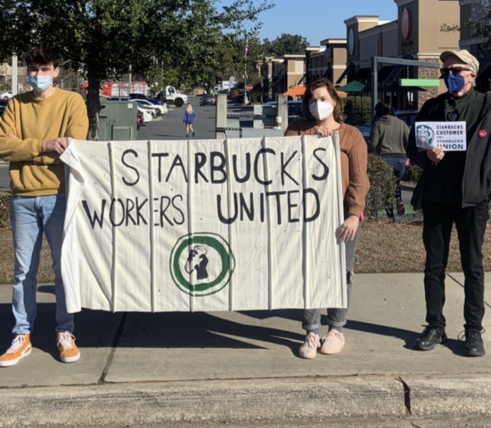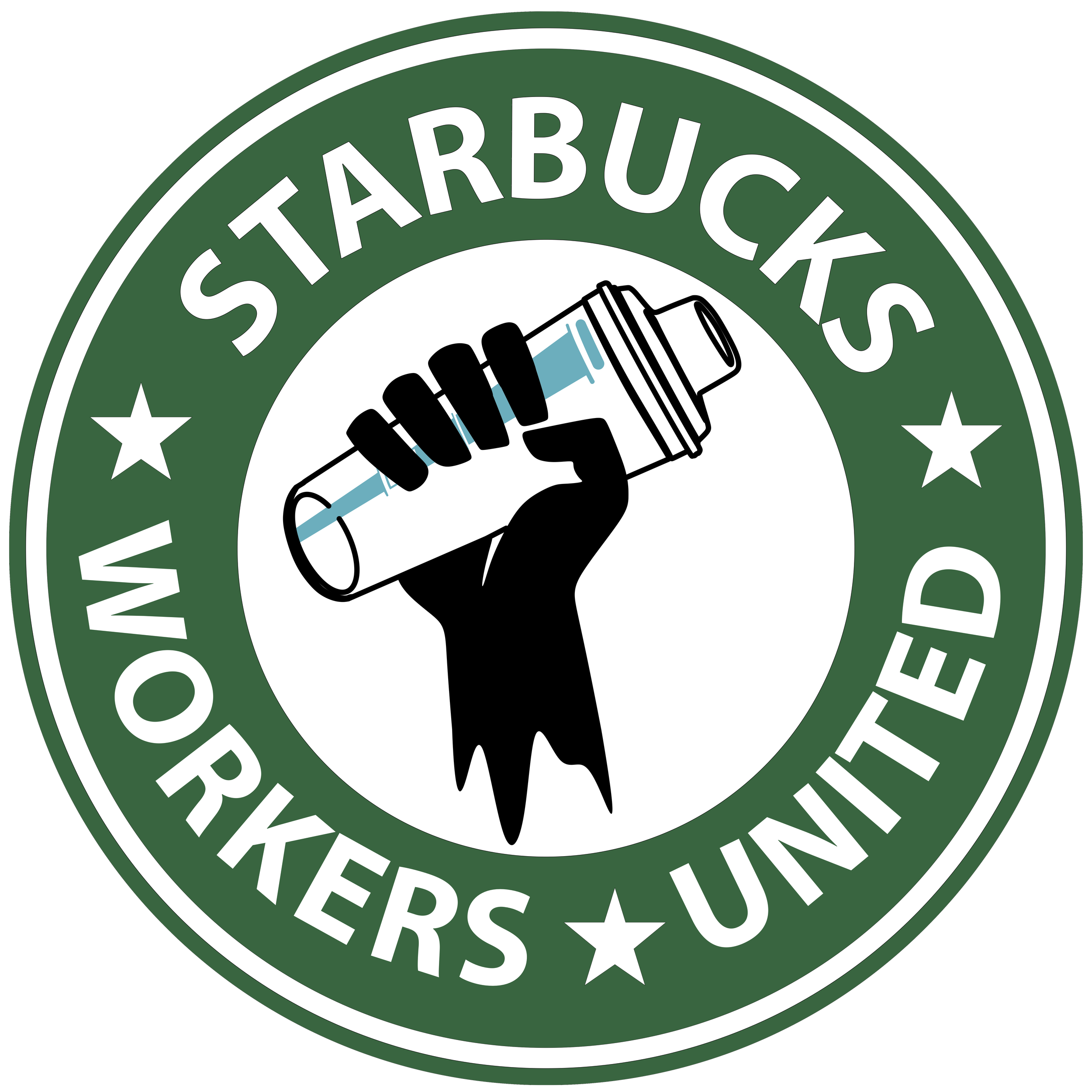
A nationwide injunction restrains the company from dismissing labor organizers and could help reinstate ousted workers more quickly.
A federal judge in Michigan issued an injunction on Friday banning Starbucks from firing U.S. workers because they seek to form a union or engage in other collective activities.
The move is the first nationwide judicial mandate related to the labor campaign that has led to the unionization of more than 275 company-owned Starbucks stores in little more than a year. Starbucks said it would appeal the decision.
Experts said the injunction would allow the National Labor Relations Board to come before the judge and seek more rapid reinstatement of workers who it believed had been terminated for union organizing. Normally, the process could take months or even years.
The union organizing Starbucks stores, Workers United, has accused the company of firing more than 200 workers because of their involvement in the campaign. It is illegal for a company in the United States to fire workers for so-called protected concerted activity such as seeking to unionize.
In a court filing, the labor board said it was prosecuting the illegal firing of roughly 50 workers after finding merit in their accusations. The agency is still investigating other cases and is likely to bring more of them. Starbucks has denied the accusations.
The injunction was sought by the labor board’s regional office in the case of Hannah Whitbeck, a shift supervisor who was involved in the union campaign. She was fired in April.
“I’m happy that my case is being viewed at a higher level and bringing attention to Starbucks illegally firing partners for unionizing,” Ms. Whitbeck said in a statement.
The judge, Mark A. Goldsmith, ordered Ms. Whitbeck reinstated while the National Labor Relations Board in Washington was deciding her case.
Wilma Liebman, who was chairwoman of the labor board under President Barack Obama, said the judge could eventually hold Starbucks in contempt of the order and could fine the company if there was compelling evidence that it was not complying.
“This definitely adds a layer of protection and recourse for future violations, and it definitely speeds up the ordered reinstatement of anyone alleged to have been unlawfully discharged,” she said.
Starbucks said in a statement that the facts of the case didn’t merit such an order.
“We feel the extraordinary measure for injunctive relief prior to a full legal review of the matter is unwarranted and maintain that actions taken were lawful and in alignment with established partner policies,” the company said.
Starbucks said it fired Ms. Whitbeck because she left the store early during a shift, effectively forcing a co-worker to manage the store alone for roughly 20 or 30 minutes. That violated a company rule requiring at least two employees to be on hand.
Ms. Whitbeck didn’t dispute the facts of the case but contended that the violation would not have led to a firing absent her involvement in the union campaign, which included wearing a pro-union button.
The labor board found merit in her charge and issued a complaint, and an administrative judge ruled in her favor in October. Starbucks has appealed that decision to the full labor board in Washington.
The company noted in its statement that it had offered, and that Ms. Whitbeck had accepted, temporary reinstatement before the federal judge’s order. But the judge concluded that reinstatement without a court order would leave her vulnerable to retaliation as her case unfolded.
